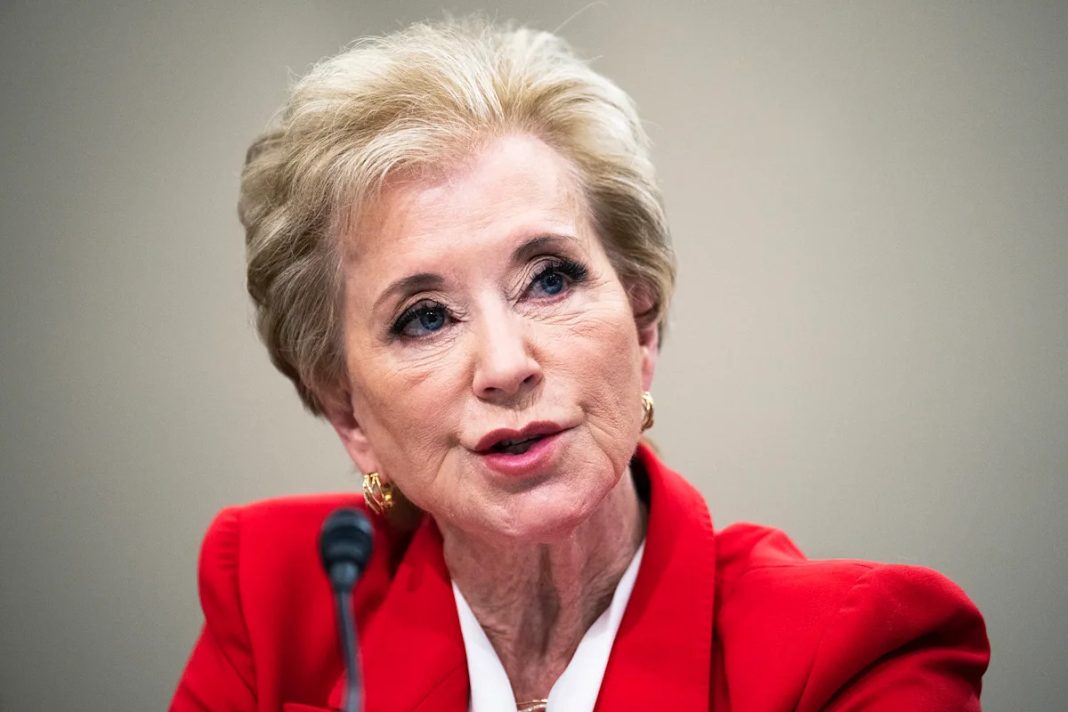The Trump administration’s latest effort to exert political control over American colleges and universities appears to have hit a snag as schools weigh the potential pitfalls of acquiescing to the president’s authoritarian power grab.
On Friday, The New York Times reported that the Massachusetts Institute of Technology became the first of the nine schools to reject the Trump administration’s offer to grant priority access to congressionally authorized federal funds in exchange for signing a “compact” in which they agree to a host of demands that, according to NBC News, includes “barring transgender people from using restrooms or playing in sports that align with their gender identities and capping international undergraduate student enrollment,” not admitting foreign students who demonstrate “hostility” to the U.S., and eradicating campus institutions that might “punish, belittle, and even spark violence against conservative ideas.”
For the other schools, state officials have raised the stakes of the decision. The University of Southern California was on the list of schools that received the Trump administration’s proposal — alongside the University of Arizona, Brown University, Dartmouth College, the University of Pennsylvania, the University of Texas, Vanderbilt University and the University of Virginia — but California Gov. Gavin Newsom declared last week that any school in his state that takes the deal risks losing its state funding:
Democrats in Virginia’s state Senate issued a similar warning to UVA. In a letter sent to university officials, reported in the Virginia Mercury (but which hasn’t been reviewed by MSNBC), the Senate’s Democratic leadership didn’t mince words:
‘If the University of Virginia signs this compact, there will be significant consequences in future Virginia budget cycles,’ the letter states. ‘As the leadership of the Senate with responsibility for appropriations affecting higher education, we will work with our colleagues to ensure that the commonwealth does not subsidize an institution that has ceded its independence to federal political control.’
The university’s top officials said in a public statement earlier this week that “it would be difficult for the university to agree to certain provisions in the compact.” In a recent vote by the university’s faculty, 95% said they oppose the university signing the compact.
Forcing schools to weigh the risks of capitulating to the administration’s demands — and putting state funds in the balance — seems like one way for Democrats to discourage schools from surrendering to an administration that continues to muscle in on the ideological independence of America’s college and universities.
This article was originally published on MSNBC.com

